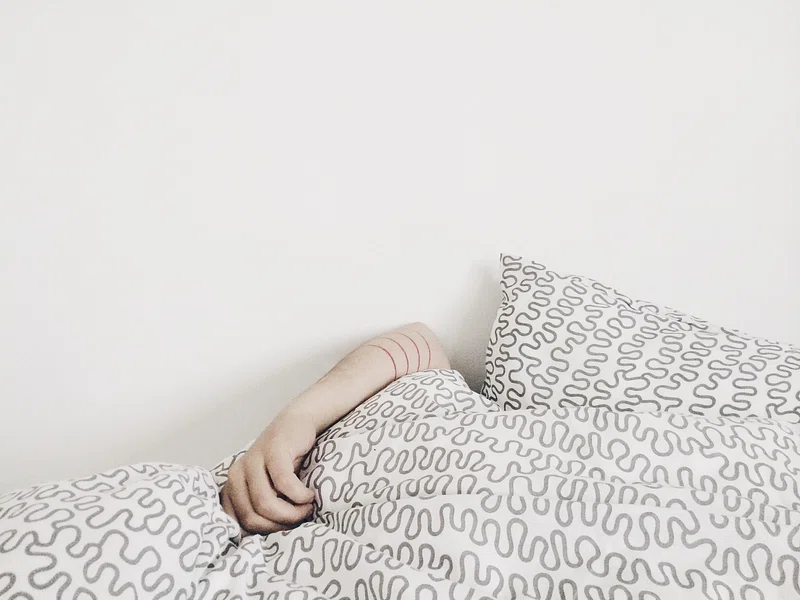Let’s see how lack of sleep affects the already difficult process of a Digital Detox and what the connections are.

What is Digital Detox and how does it relate to the Importance of sleep?
Embarking on a digital detox implies consciously disconnecting from devices such as smartphones, computers, and engaging less with social media platforms. This deliberate decision endeavors to minimize stress, increase concentration, and foster a healthier state of mind and body.
However, there’s an often overlooked yet significant connection between digital detox and the vital role of sleep. Excessive screen time can disrupt your sleep cycle and may potentially result in sleep disorders like insomnia. The blue light emitted by our devices interferes with melatonin production, a hormone that controls our sleep cycle. Additionally, utilizing these devices just prior to sleeping can lead to an overactive mind, thereby making relaxation and sleep difficult.
Partaking in a digital detox significantly reduces your interaction with these devices, encouraging your body and mind to ease into restful states. This can lead to improvements in sleep quality, duration, and intensity. Adequate sleep is essential for physical recuperation and mental sharpness, laying the groundwork for holistic health and well-being.
The Effects of Overuse of Digital Devices on Sleep Quality?
Excessive use of digital devices can profoundly impact the quality of your sleep. The main concern lies with the blue light these gadgets, such as smartphones, tablets, and computers, emit. This particular light has an adverse effect on the production of melatonin, also known as the sleep hormone. The upshot is, extended exposure to blue light before hitting the hay can mess with your natural body clock, making it harder for you to fall asleep.
The mental stimulation from staring at your phone or tablet just before sleep time can also be harmful. It awakens your mind, making it challenging to unwind and disconnect from technology, leading to a less deep and less restorative sleep.
Moreover, the irresistible allure of digital devices can interfere with your normal sleep routine. People often extend their nocturnal gadget interactions, sacrificing precious sleep hours. This behavior can result in a decrease in the overall duration of your sleep and lead to compromised sleep quality.
In some cases a pair of blue light-blocking glasses can help and is definitely worth a try. At least, in the first phase of a detox, they can be a first help.
How does Sleep Deprivation affect Overall Wellbeing and Productivity?
Getting good sleep is vital for a successful digital detox. During sleep, our bodies rest and our brains restore, preparing us for the day ahead. When we skimp on sleep, it affects our mental and physical health.
Without enough sleep, our brain functions don’t perform at their best. Sleep aids memory consolidation and learning. Yet, a lack of sleep can lead to issues with focus, problem-solving, and memory, causing roadblocks in your digital detox journey and reducing productivity.
There’s more to sleep than just boosting your energy for the day. Your brain regulates mood-related chemicals while you sleep. So, sleeping less can lead to increased stress and irritability, creating more obstacles on your path to a digital detox and impacting your overall well-being.
Ignoring the importance of sleep doesn’t just affect your mental health—it harms your physical health as well. Our bodies undergo crucial repair processes during sleep. Skipping out on sleep weakens our immune system, raises the risk of sickness, and increases the likelihood of developing health issues such as obesity and diabetes.
Also try to get better informed with the best books on digital detox by reading our reviews.
[…] The Importance of Sleep in a Digital Detox […]
[…] The Importance of Sleep in a Digital Detox […]